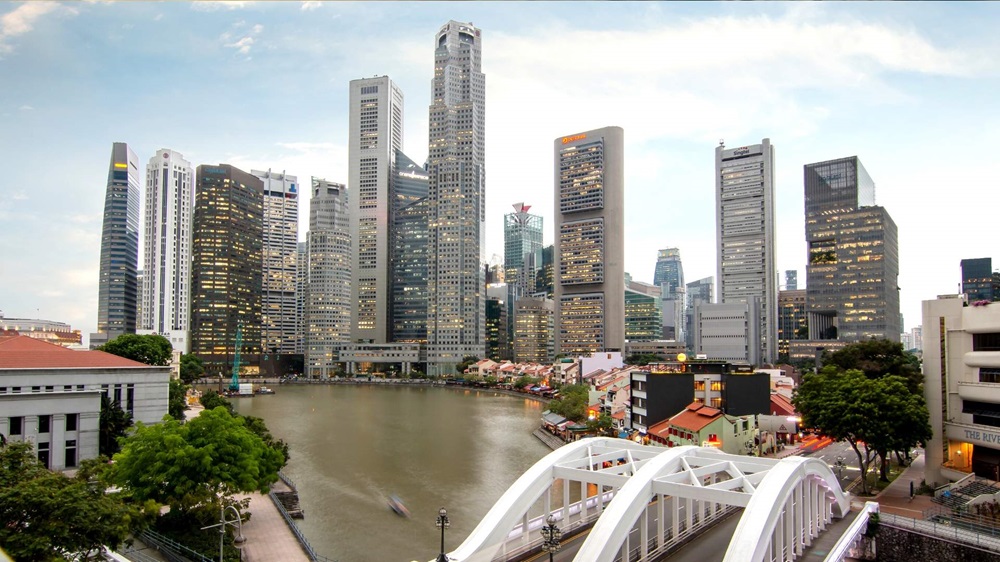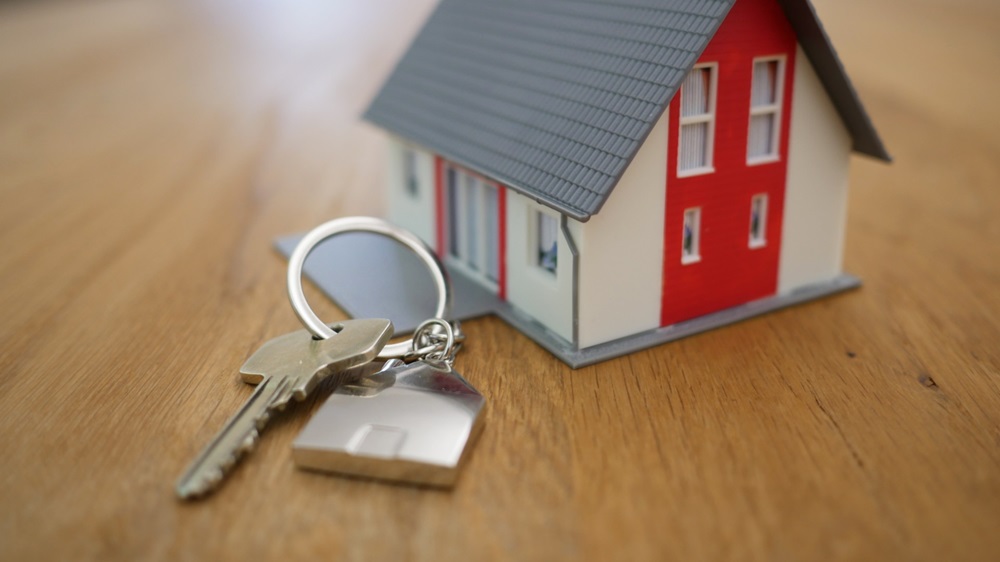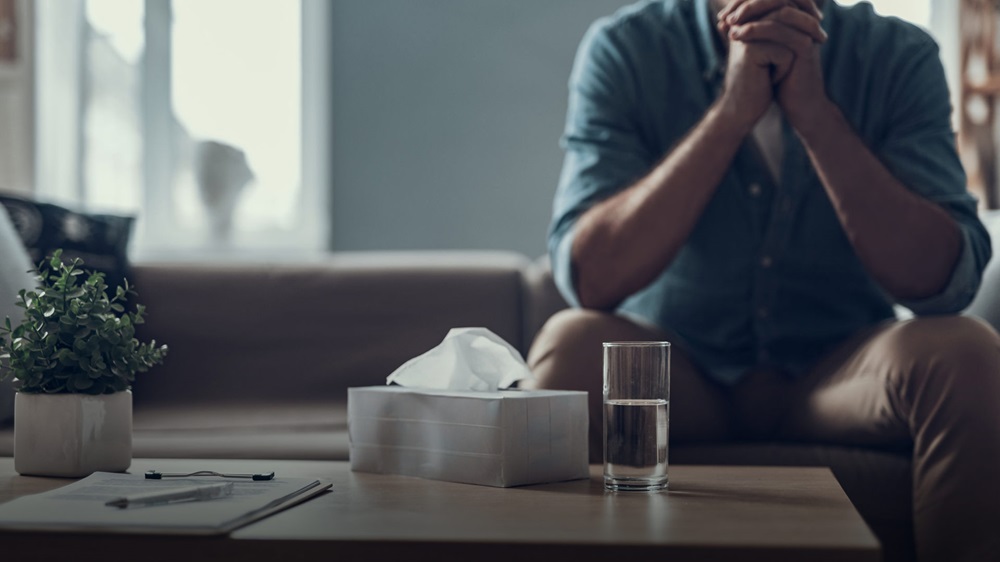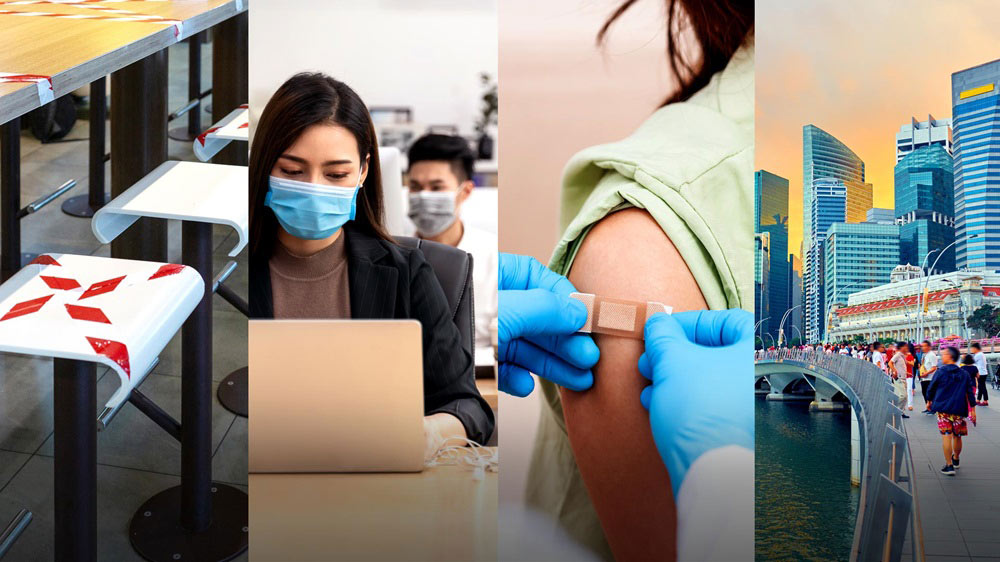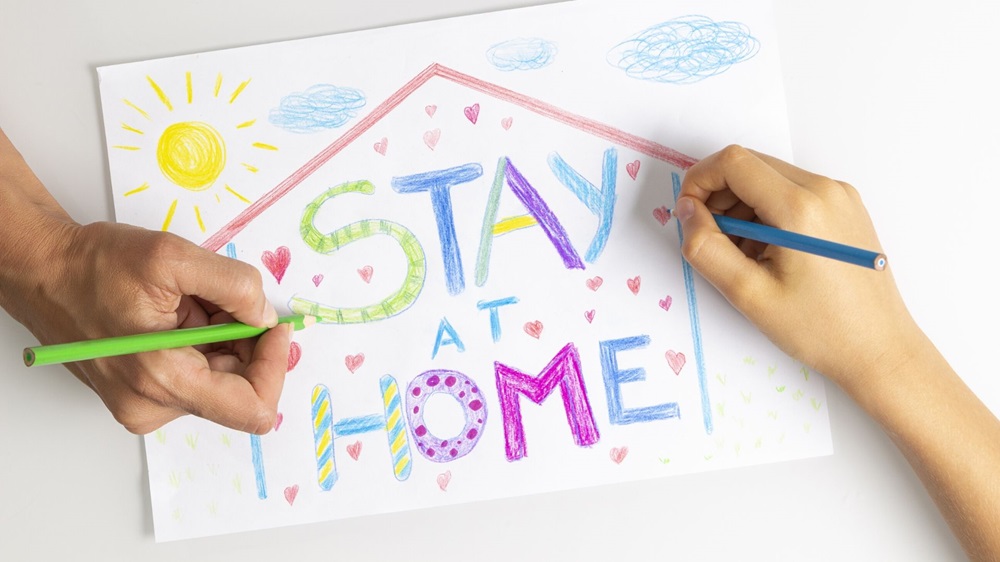
From 7 Apr 2020, Singapore entered the circuit breaker period, in order to pre-empt escalating COVID-19 infections. During this time, Singaporeans are advised to stay home as much as possible.
In tandem with the circuit breaker, a new law [the COVID-19 (Temporary Measures) Act 2020] was passed in Parliament on 7 Apr. To reduce the risk of infection, the new law bans all gatherings with family or friends who do not live together. Gatherings at home, public spaces (like HDB void decks and parks) are also banned.
With these new regulations, you may have questions on what you can or can’t do. Here are answers to some of them.
In General
Q: When can I leave the house?
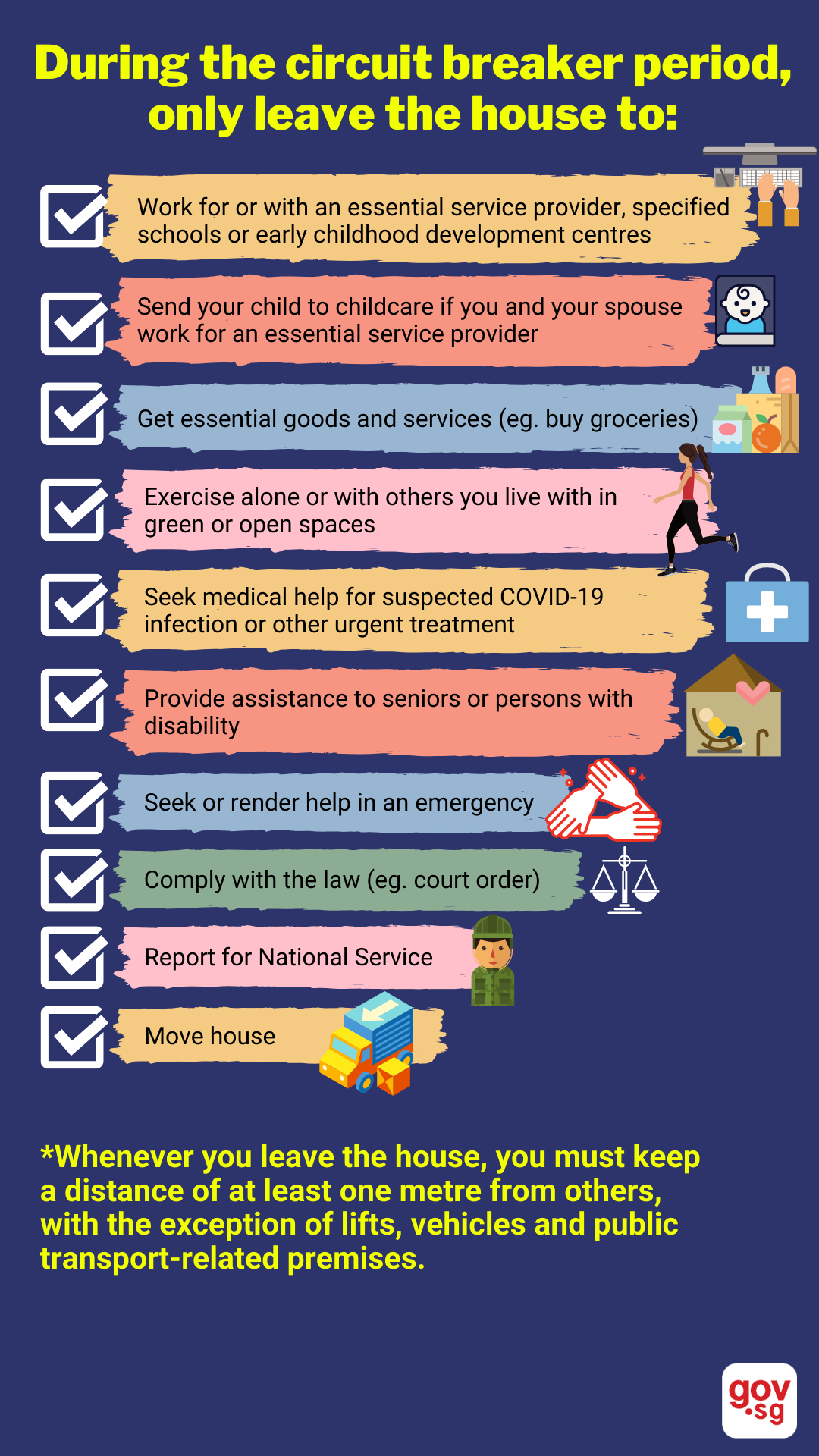
A: You may only leave the house for one or more or the following reasons:
- To work for or with an essential service provider, specified schools or early childhood development centres
- To send your child to childcare if you and your spouse work for an essential service provider
- To get essential goods and services like buying groceries, cutting hair or doing laundry
- To exercise alone or with others you live with in green or open spaces
- To seek medical help for suspected COVID-19 infection or other urgent treatment
- To provide assistance to seniors (60 years and above) or persons with disability
- To seek or render help in an emergency
- To comply with the law (eg. court order)
- To report for National Service
- To move house
- To leave Singapore
*Whenever you leave the house, you must keep a distance of at least one metre from others, with the exception of lifts, vehicles and public transport-related premises.
Q: When can I enter another person’s house?
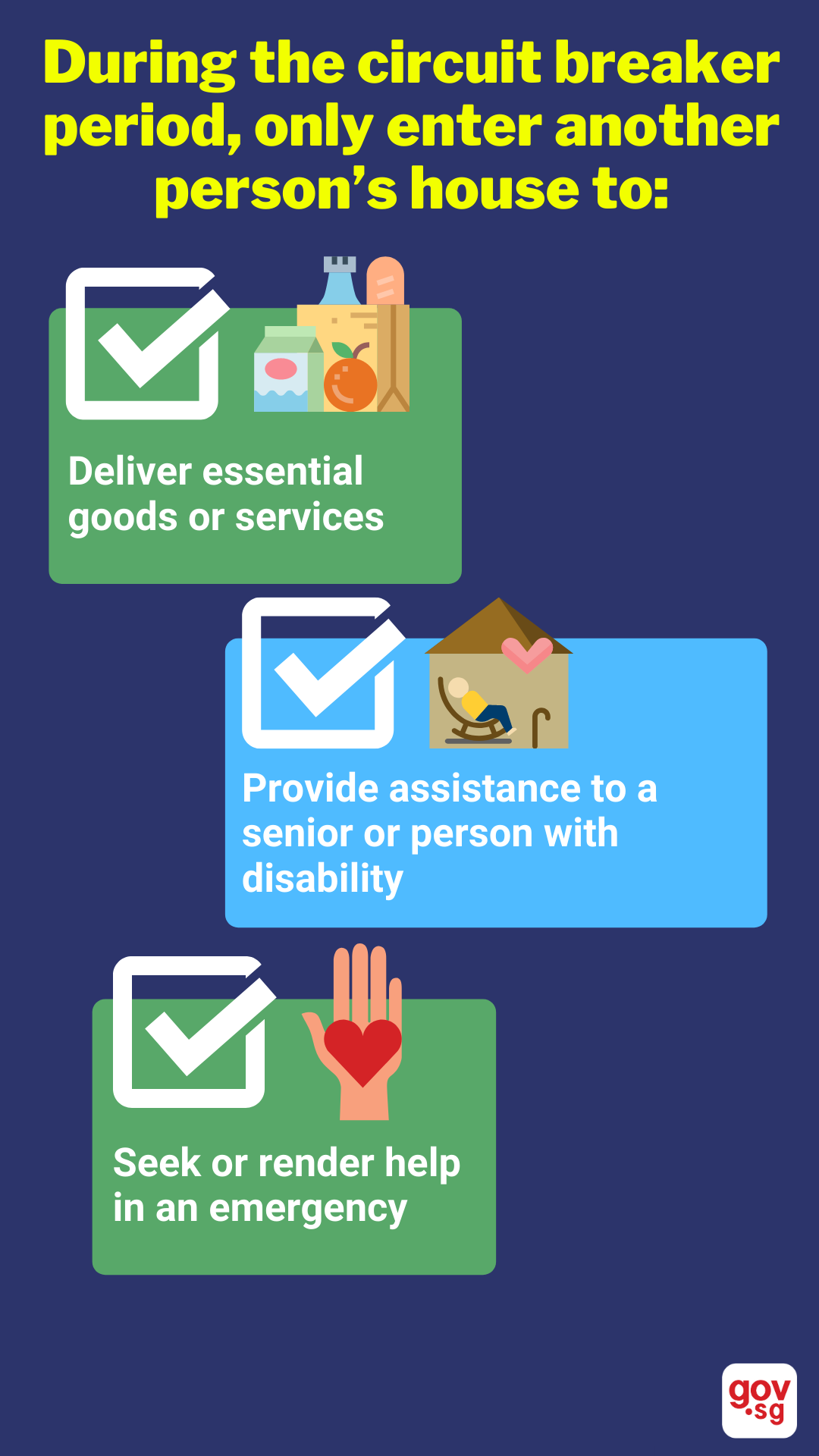
A: You may only go into another person’s house to:
- Deliver essential goods or services
- Provide assistance to a senior (60 years old and above) or a person with disability
- Seek or render help in an emergency
Q: What is considered an essential service?
A: Essential services include those involved in the provision of food, health and social services, transportation, and activities of daily living e.g. haircuts. The full list of essential services can be found here.
Q: Should I wear a mask when I go out?
A: Essential service workers who come into frequent contact with members of the public (e.g. food handlers/hawkers/food delivery staff) should wear a mask. For everyone else, stay home unless absolutely necessary to go out, in which case, you should also wear a mask when you are unavoidably in situations where you come into closer proximity with other people, such as at wet markets, supermarkets or public transport).
For the general public, you are advised to stay home and avoid interactions with anyone other than immediate family members living in the same household. For those who need to go out, and are unable to avoid close contact with others, then wearing a mask could provide some basic protection for others, and yourself.
Home, Family and Friends
Q: I have a weekly get-together (e.g. high tea, mahjong, movie screening) with my close group of friends. Can we continue with that?
A: No. All social gatherings, such as private parties and social get-togethers with friends and relatives and family members not within the same household, should stop during this period. This is to prevent the spread of COVID-19 through such social interactions.
Q: Some of my elderly family members need help with daily needs. Can I still visit them?
A: Yes, where necessary, individuals can still visit elderly family members to assist with their daily needs. Please take the necessary safe distancing precautions while you are there, such as observing personal hygiene and ensuring your hands are clean, minimising physical contact and maintaining a safe separation as much as possible. Do not visit if you are unwell.
Where possible, we strongly recommend for family members to support their elderly relatives who do not stay with them by keeping in contact through phone or video calls, or bringing them groceries, food and other essential supplies to assist with their daily needs. This is to avoid seniors having to make trips out of the home for such activities.
Q: Are we allowed to go to the houses of our extended family for caregiving purposes (e.g., grandparents going to children’s house to care for grandchildren)?
A: The objective of the circuit breaker measures is to significantly reduce movements and social interactions, especially for seniors who are more vulnerable to COVID-19 infection.
Grandparents can continue to care for their grandchildren if the grandchildren stay with them throughout this period. We strongly urge seniors to stay at home and avoid going out. You should not drop off your children with their grandparents on a daily basis as this increases the risk of transmission. However, exemptions can be made if you belong to one of the following groups:
a. Both parents are essential service workers and unable to work from home;
b. One parent is a healthcare professional (e.g. doctor, nurse, allied health professional, support care staff) and is unable to work from home; and
c. One parent is an essential service worker who is unable to work from home, and have a child/children below the age of three.
Social gatherings, such as private parties and social get-togethers with friends and relatives and family members not within the same household, are disallowed.
Q: Can I still accompany my elderly parent living in a different household to medical appointments?
A: Yes, you can continue to accompany your elderly parent to medical appointments but please take additional precautions such as wearing a mask and ensuring good personal hygiene while you are in contact with him or her.
Q: Can I still check on my neighbour who is a senior? She is living alone with no kin, and usually comes to our house for dinner.
A: Yes, you may continue to provide assistance to her for her daily needs, but unless absolutely necessary, this should not be done with physical interaction. If you have any physical interaction, please take the necessary safe distancing precautions, such as observing personal hygiene and ensuring your hands are clean, minimising physical contact and maintaining a safe separation as much as possible. Do not visit if you are unwell.
If you know of a senior e.g. neighbour, friend, family member, who needs assistance with their daily needs, please contact the AIC hotline at 1800-650-6060.
Q: Can I call a repairman to come to my house to fix water pipes/electricity/cable/aircon issues?
A: Yes if these are for emergency household services. Please observe safe distancing measures while the repair staff is at your house.
Other essential services permitted are plumbers, electricians, locksmiths, repair of consumer electronics/ IT peripherals/household appliances, and healthcare and veterinary services.
School
Q: Can I continue private face-to-face home tuition for my child?
A: No. You should limit social contact to individuals living in the same household. Private tutors must suspend all face-to-face lessons.
Recreation
Q: Can I continue to exercise or engage in recreation activities?
A: You may still exercise, on your own or with members of your household, around your immediate neighbourhood in open, uncrowded places. Greens and open spaces will remain open, but gatherings in groups in these places must be avoided. Safe distancing measures must be observed at all times.
Members of public are also advised to return to their homes promptly and do not linger.
If you do not comply with these rules, you will be fined an amount not exceeding $10,000, and/jailed for not more than six months. If you violate these rules twice or more times, penalties will be doubled.
Please take safe distancing seriously. The health of all depends on each one of us.
---
For more answers to frequently asked questions, visit the Safe Distancing section of https://www.moh.gov.sg/covid-19/faqs.
We use cookies to tailor your browsing experience. By continuing to use Gov.sg, you accept our use of cookies. To decline cookies at any time, you may adjust your browser settings. Find out more about your cookie preferences here .









